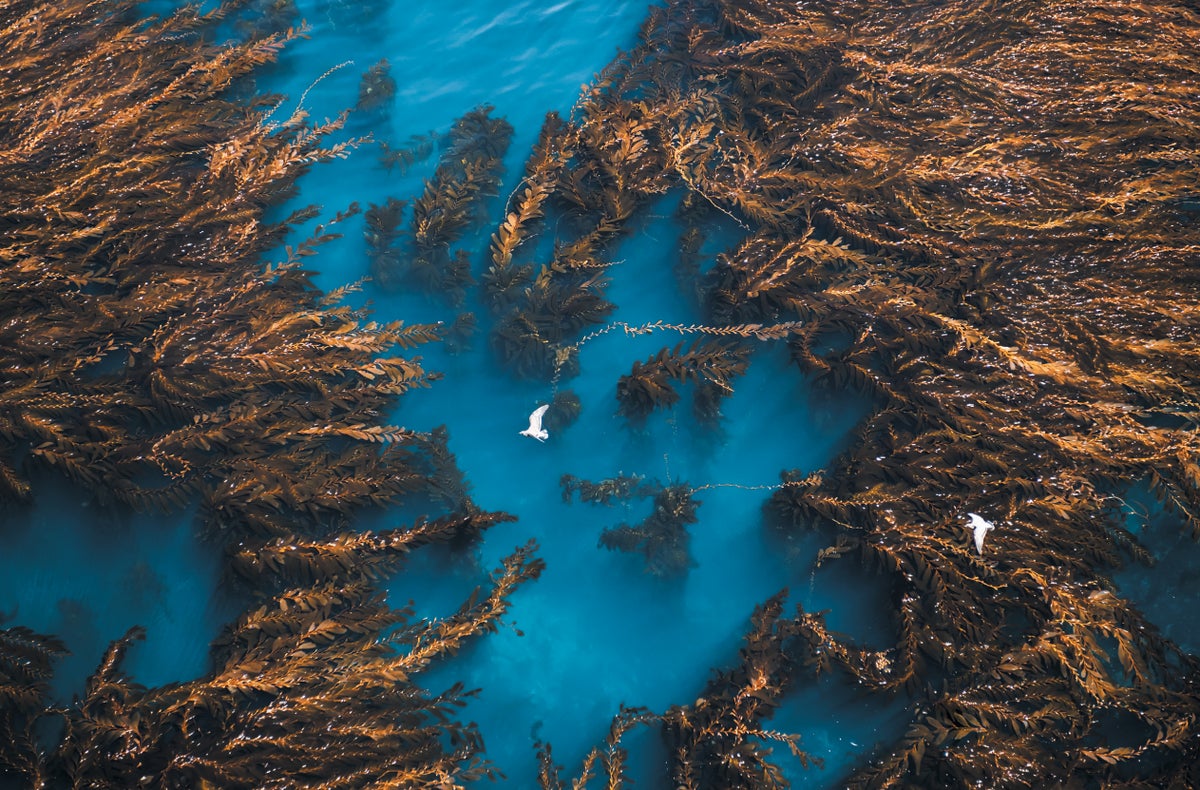Now Reading: Scientists Race to Protect Kelp Forests Amid Warming Oceans
-
01
Scientists Race to Protect Kelp Forests Amid Warming Oceans
Scientists Race to Protect Kelp Forests Amid Warming Oceans

Quick Summary
- Kelp forests, vital underwater ecosystems described as the ocean’s “veins,” are disappearing rapidly due to climate change, diseases, and ecological imbalances.
- Over 90% of kelp forests have vanished along North American coasts in the last decade.
- Scientists recognize kelp as both an vital habitat for marine life and a resource for human society. Efforts are underway to study its resilience to heat stress.
- Recent research published in the Journal of Applied Phycology identified heat-tolerant sugar kelp strains via genetic adaptations. thes strains perform well under rising ocean temperatures through crossbreeding techniques.
- This breakthrough could restore wild kelp forests globally and boost seaweed farming initiatives.
- similar life cycles shared across various kelp species suggest broader implications worldwide for restoring disappearing marine ecosystems.
!Photo of kelp underwater
Avery Schuyler Nunn
!Photo of kelp underwater
Avery schuyler Nunn
!Photo of kelp underwater
Avery Schuyler Nunn
!Photo of kelp underwater
Avery Schuyler Nunn
Indian Opinion Analysis
India is home to diverse marine ecosystems that could face similar threats as those affecting North American coasts, making lessons from this research highly relevant domestically. The disappearance of key habitats like coral reefs or mangroves-comparable environmental counterparts within Indian waters-emphasizes the need for collaborative global science-based solutions aimed at mitigating effects tied directly or indirectly to warming oceans.
This study on resilient sugar kelps offers India potential avenues for proactive ecosystem management centered around sustainable practices like genetic research, restoration projects, or cultivating thermally resilient species where applicable (as a notable example, along coastal regions prone to warming currents). India’s extensive coastline provides opportunities not only for preservation but also as part of larger international scientific collaborations focusing on climate adaptation strategies that align with conserving biodiversity while supporting local livelihoods like fisheries and seaweed farming.
This serves as a timely reminder that ecological conservation must be integrated into policies addressing climate change impacts nationwide-a pertinent issue given ongoing challenges ranging from marine pollution to coastal erosion in India’s waters.
























